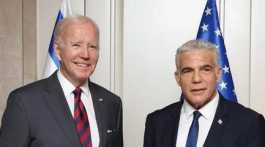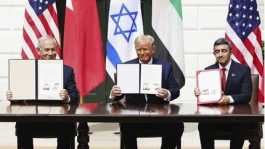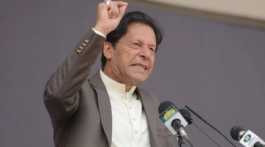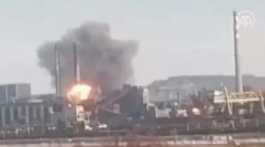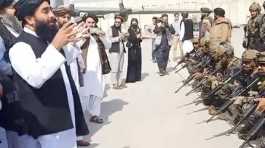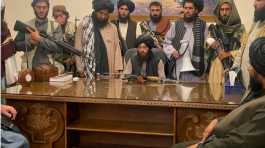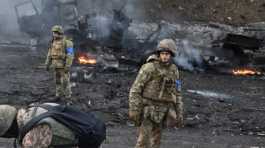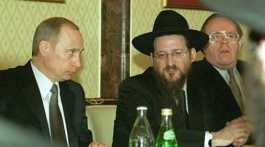Israel is worried about a possible clash with Washington over the Iran nuclear deal
by Dr Adnan Abu Amer
As the countdown begins for the signing of a nuclear agreement between Iran and world powers, a number of disputes have surfaced between Israel and the US about the deal. There is also criticism within Israel of the government's political and military approach towards the agreement. The occupation state appears to be opposing the whole world, which has more or less united to curb Iran's nuclear ambitions through diplomatic means, while Israel foolishly sticks to the punishment approach.
